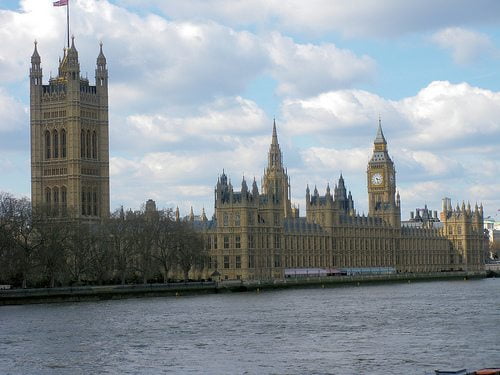

News
Credit union deal allows MPs to ‘put money where their mouth is’
MPs and other parliamentary staff now have the option to pay into a credit union directly from their wages, thanks to a new service launched on Monday.
Under the new partnership, anyone working in the Palace of Westminster is eligible to join the London Mutual Credit Union and opt to save or repay loans through payroll deduction.
A credit union is a financial co-operative that is owned by its members and exists primarily to provide savings and loans to these members. Unlike banks, they are not ultimately motivated to create profit for external shareholders
According to Prudential Regulation Authority (PRA) audited statistics from the Association of British Credit Unions (ABCUL), at the end of September 2012, over 1 million people used the British credit union sector, which held total assets of £957m.
In the six months between September 2012 and March 2013, the sector’s membership grew by 3.2% to 1,072,202, while its assets rose by 6.7% to £1.02 billion.
The London Mutual Credit Union is a co-operative for people who live or work in the London Boroughs of Southwark, Lambeth, Westminster and Camden. With over £11m in assets and over 20,000 members, it is the largest credit union of its type in London. It offers a number of services including the Credit Union Current Account.
Lucky Chandrasekera, chief executive of the London Mutual Credit Union, added, “We hope by launching this service for parliament that we can demonstrate the value of credit union membership on a daily basis to MPs and the wider parliamentary staff.”
At an event introducing the initiative in parliament, Martin Lewis, financial journalist and founder of MoneySavingExpert.com, said that credit unions were a cheaper alternative to what he called “the scourge of payday lending.
He added, “Therefore today I hope to be excited at the launch event to see senior MPs and even government ministers giving the London Mutual their backing by joining up and making use of the deduction facility. It’ll be interesting to see who puts their money where their mouth is.”
Labour leader Ed Miliband has championed credit unions as a potential solution to the rise of controversial payday lenders in the past.
In October, he said that if Labour won the next general election, he would raise around £20m a year from lenders such as Wonga, either from a 1% levy on their balance sheet or a 10% tax on their profits, and give the proceeds to their credit union rivals.
“It is time for payback,” said Miliband, after visiting a credit union in Peckham.
“We will force payday lenders to pay back into communities, so we can expand low-cost lenders that actually help families.
Meanwhile, a recent study found that consumers prefer borrowing from credit unions than payday loan companies. The research, which was funded by Friends Provident Foundation and the Barclays Community Finance Fund, found that borrowers could take out a longer payment term whilst paying back less than they would from a payday lender.
Borrowing from a credit union instead could have saved 1,219 people £145,000 in interest charges alone – equating to almost £119 per consumer.
Further reading:
Miliband pledges to force payday lenders to ‘pay back to communities’
Credit unions: a growing movement


 Environment12 months ago
Environment12 months agoAre Polymer Banknotes: an Eco-Friendly Trend or a Groundswell?

 Features11 months ago
Features11 months agoEco-Friendly Cryptocurrencies: Sustainable Investment Choices

 Features12 months ago
Features12 months agoEco-Friendly Crypto Traders Must Find the Right Exchange

 Energy11 months ago
Energy11 months agoThe Growing Role of Solar Panels in Ireland’s Energy Future


























